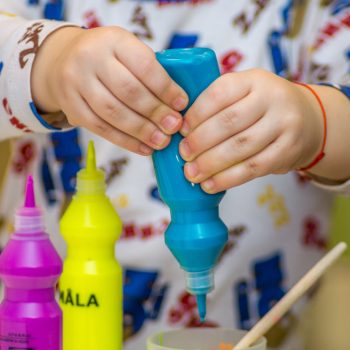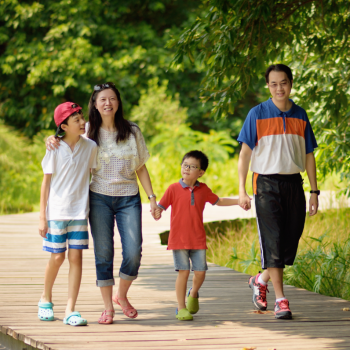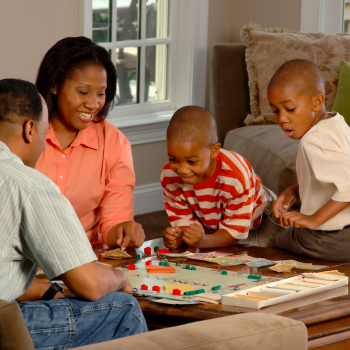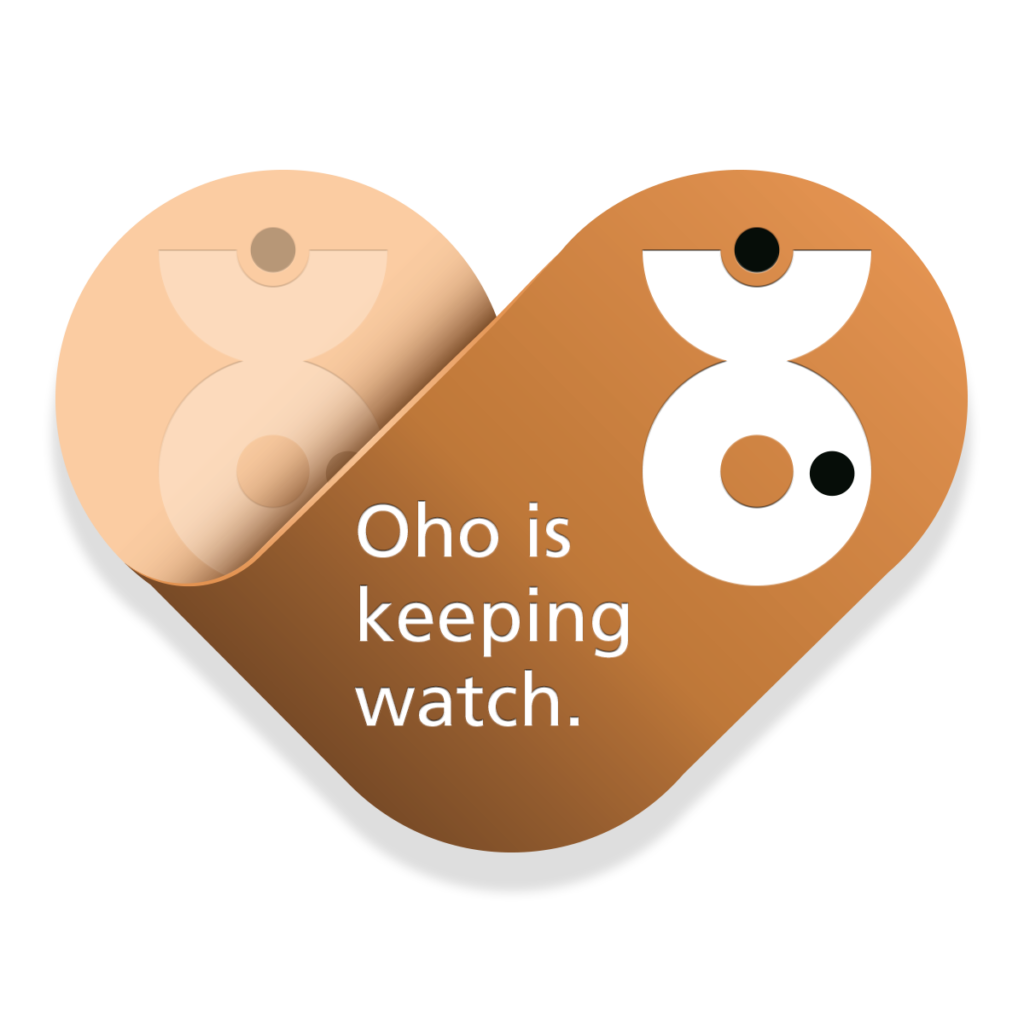Bodily autonomy is an important concept to teach your children and there are appropriate ways to address it starting at a very young age. Introducing bodily autonomy and consent early in your children’s lives lays the foundations for open conversations as they get older, and means you can be sure that they will have a strong awareness of boundaries and body safety as they grow up. Having conversations with your children about consent and bodily autonomy means they will be more likely to enforce boundaries for themselves, respect others’ boundaries, and tell you or another trusted adult if something happens that crosses the line for them.
You can start teaching your children about bodily autonomy by building consent into your daily conversations and even into your family’s rules. For young children, this can be in the context of play and affection. Teach your children to ask permission before initiating physical touch, including asking before hugging their friends, and model this behaviour by asking before you touch them. This does not mean you cannot touch your child without asking. Some actions, such as changing nappies, are necessities. However, as much as you can, try to ask for your child’s consent, and encourage them to do the same. You can say things such as, “You seem like you’re feeling really sad. Can I give you a cuddle?” or, “It’s time to leave the park. If you want, you can ask your friend for a hug goodbye”.
As your children get older you’ll have more opportunities to help them learn to ask for consent, as well as to feel comfortable saying no. A lot of learning about bodily autonomy can come from modelled behaviour and clear conversations in teachable moments. This can include helping them to say no if they do not feel comfortable having a sleepover at a friend’s house, or encouraging them to check on their friends during play to ensure they’re still having fun. Continue having open conversations about boundaries, and respect their right to privacy. As your children reach adolescence, you can begin discussing consent in the context of relationships and sex. The conversations you have had throughout their childhood about bodily autonomy and boundaries will set the foundation for this.
The holidays can be an exciting time for you and your children, however they can also be overwhelming and stressful. It is easy for boundaries and consent to be pushed onto the back burner in the whirlwind of family visits and trips to see Santa. However, the holidays can actually be an excellent opportunity to reinforce consent education, and a time to show your children that you respect their boundaries and decisions about their bodies. Here are some things that you should and should not do to reinforce consent during the holidays:
Do give them options when greeting family and friends. Enforcing boundaries does not need to be rude. You can say something like, “Grandma is really excited to see you! Would you like to give her a hug, a high-five, or a wave?”
Don’t force them to touch someone if they do not want to. If you do, you are telling them that their boundaries can be crossed by people who are close to them. If your relatives push back, you can say something like, “It’s great how much you love my children, they love you too! If they’re not feeling comfortable with hugs, maybe you can help them come up with another way to greet you.”
Do give them the chance to tell you if anything makes them uncomfortable. Be clear that even though you may be busy, they can always come to you if something has made them uncomfortable. Make time to debrief with them away from all the holiday chaos. Sometimes the best time for this is in the car!
Don’t guilt or force them to eat what they do not want to. Give your children as much control over their bodies as you can while still keeping them safe. This does not mean you should let them eat nothing but lollies all day – there is nothing worse than a sugar crash in the middle of an event – but you can give them options and respect what they choose.
Do encourage them to respect the boundaries of others. For example, if you see that your child’s cousin seems to be uncomfortable being hugged, you can say something like, “It seems like your cousin doesn’t want to be hugged, can you think of a way to show you care about her that she feels more comfortable with?”.
Remember, respecting boundaries and listening to your children’s concerns might seem like a distraction during busy moments, but it will also contribute to you and your children having a good time over the holidays – it is definitely worth the trouble!








